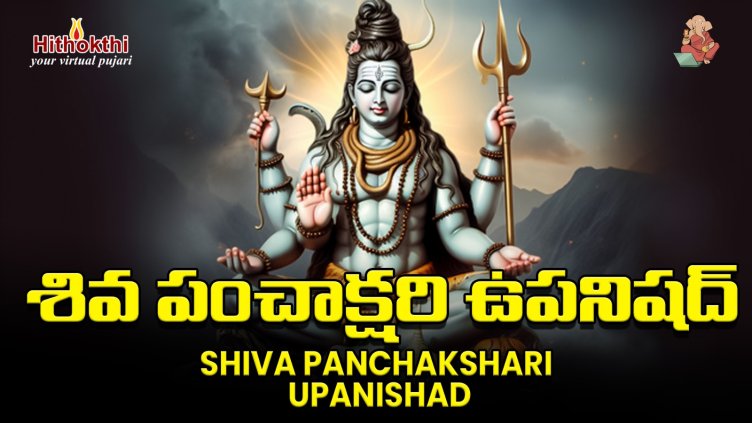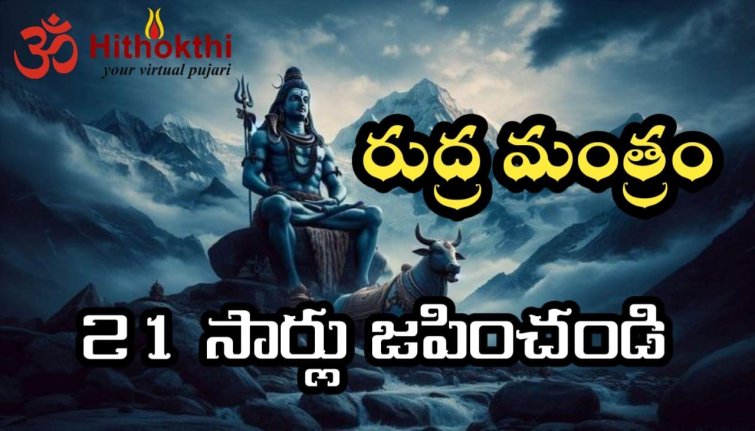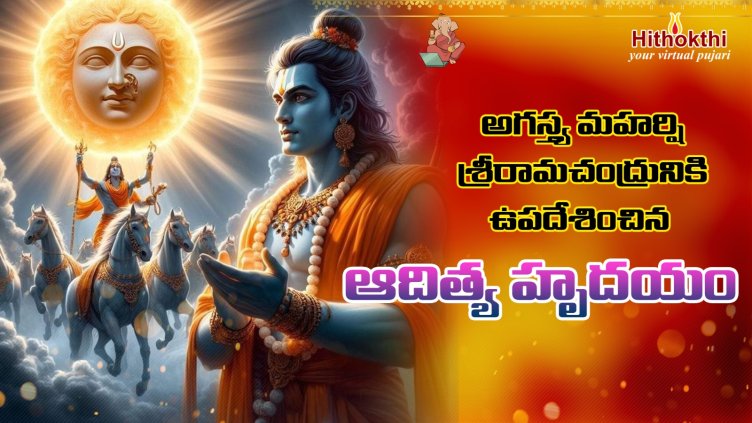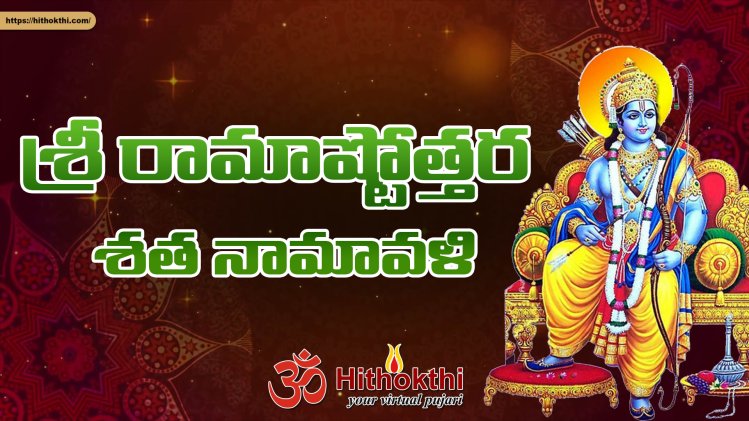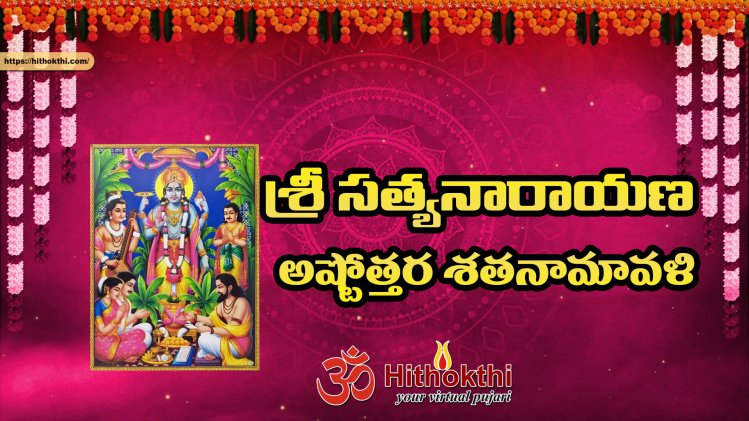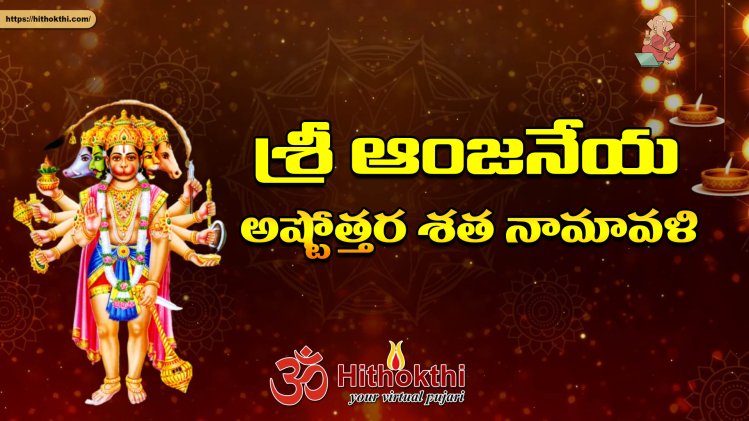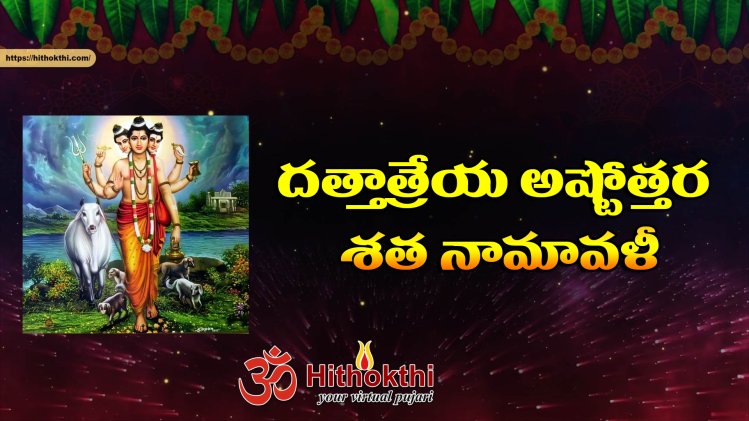Holy Dialogue (Pravachana Vakhyalu):
April 18, 2014: Ekatmapratyayasaram: Here, we have a wonderful characterisation of the Atman. The Atman can be defined only as the Atman. You cannot define it by any other form or concept. It is said that the battle bctween Rama and Ravana was incomparable. To what can you compare the battle bctween Rama and Ravana? You can say that something is vast like the ocean, endless like the sky, bright like the sun, sweet like sugar. But, like what was the battle between Rama and Ravana? It was like the battle between Rama and Ravana! This was all that the poet could say. "Space is like space, ocean is like ocean, and the Rama-Ravana-battle was like the Rama-Ravana-battle." So, also, is the Atman. The Atman is like the Atman. You cannot say that the Atman is like this, or that, because it is incomparable, and any comparison attempted would be a reference made to something that has come out afterwards as an effect. That would be a travesty of affairs, indeed. Therefore, it can be designated only as Ekatmapratyayasaram, the Esscnce of the consciousness of Selfhood and Oneness. It is, if at all, definable by three interesting terms - Ekatva (Oneness), 2. Atmatva (Selfhood) and Saratva (Essentiality). It is the essence of all things, and it is One, and it is the Self. It is the Self, and, therefore, it can only be One. It is the Self, and, therefore, it is the Esscnce. The Self is that which knows itself, not by a means but by its own existence. It is Existence knowing itself without any external proof. Perception, inference, verbal testimony, comparison, etc. do not apply here in the case of the knowledge of the Atman. It cannot be inferred by logic, induction or deduction, and it cannot he perceived, it cannot be compared, it cannot be described by words. It is the Self, which means that it is not beheld bv someone else. The Self is beheld by itself alone. Here, Self and Existence mean one and the same thing. Existence is Self; Existence is the Atman. The Self is non-objectifiable, non-alienable from its own essence. The knowledge of the Atman is intuition, which is a non-relational apprehension of Reality, independent of the operation of the senses and the mind, where existence becomes identical with knowledge, and knowledge is one with the known. Here the object of knowledge is the same as knowledge and intuition. When the object stands outside knowledge, it is called perception. This is the difference between intuition and sensory cognition or information. Where the object stands in an immediacy of relation with knowledge, it is intuition. One cannot say whether it is the object that knows itself or the knowledge that knows itself. The difference between their characters vanishes as when two oceans join together. The knowing subject and the object of its knowledge come together in a single coalescence of Being. This is Atmatva - Selfhood.
---Excerpts from Upanishads

